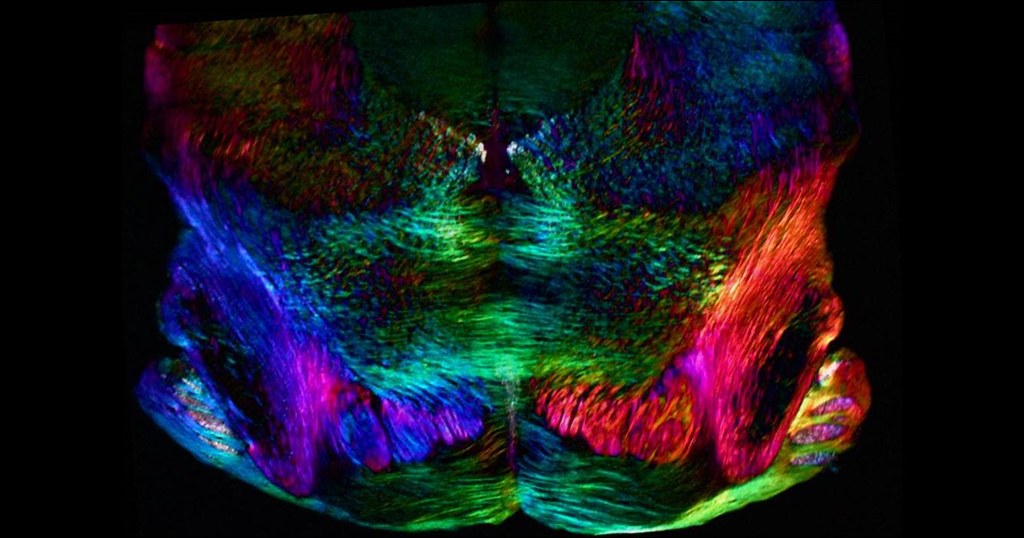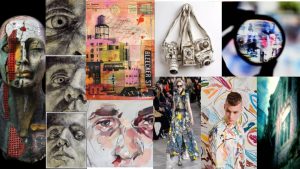Why Study the Arts?
Importantly, you have a right to be creative. The United Nations’ Universal Declaration of Human Rights (Article 27) states: Everyone has the right freely to participate in the cultural life of the community and to enjoy the arts... Read more here
Here’s some further top reasons:
#1 Your brain loves it!
The feel-good factor is true. Watching or taking part in performances, participating in visual experiences, and listening to or creating an inspiring piece of music will increase the blood flow and heighten pleasure receptors in your brain. It’s also very personal – our brains respond very individually towards plays, performances and pictures depending on our own tastes. When we see, hear or read something that moves us emotionally, the area of the brain which deals with our sense of self-identity becomes much more active. The great thing about the world of the Arts is that there is something to suit everybody. The Arts can be inclusive and accessible to all ages and abilities – but they also have the capacity to truly develop intellectual, higher order thinking skills; requiring us to think differently, solve problems, examine different perspectives, and develop our ability to create, compose, devise and improvise.

Studying the Arts can prepare you for a lifetime of enjoyment and appreciation, and open your mind to new styles, ideas and approaches. Further research shows that the Arts develop neural systems which also improve practical handling skills, movement, and spatial awareness, as well as problem solving and reasoning. The Performing Arts (Drama & Music) offer superb ways of improving confidence, self awareness, public speaking, and team work . Similarly, the Visual Arts develop skills in creativity, innovation, problem solving and also offer us the opportunity to seriously develop our visual literacy in a digital, Instagram age that increasingly uses pictures and images as a powerful way of communicating – a 2014 report estimated that 1.8 billion images are uploaded to the internet every day!

#2 The Arts improve your mental health
Getting involved in music, painting, drama, sculpture, dance, photography (and many other creative specialisms) allows you to express your own thoughts, ideas, and emotions. These creative interests can help you stay emotionally healthy, and they are great for your self esteem. Working towards an exhibition or performance of your work is a great way of staying motivated – because it’s exciting and satisfying to see your hard work turn into an inspiring final product for others to enjoy.

The Arts offer you a great way of reflecting on your personal experiences. Creative Arts therapy uses art, dance, drama and music as a way of improving a person’s physical, mental, and emotional well-being. Expressive arts therapy doesn’t have to be used only as a treatment though. Creativity is a brilliant way of relieving stress, anger or tension in anybody! Listening to certain types of music can make you feel more alert and energised whilst other styles have the capacity to make you feel more relaxed and reduce stress.

Displaying your work, or getting up on a stage and performing gives you a chance to step outside of your comfort zone. Dance is a great way of expressing yourself, as well as keeping fit. As you improve and see your own progress, your self-confidence will continue to grow. There are many opportunities to demonstrate your skills through performances and exhibitions. So, the Arts help you to grow in confidence and think positively about yourself.

#3 Studying the Arts makes you a better all-round learner
Research shows a strong relationship between Arts education and grades improvement in other subjects. Involvement in the Arts is associated with improvements in maths, reading, problem solving, critical thinking, and verbal skills. Great inventors and scientists have merged scientific knowledge and discovery with artistic creativity. Albert Einstein studied piano and violin as a child. He often used music as a way of thinking through problems. Einstein believed that a creative mind was a superb help when it came to solving problems, once saying, “I’m enough of an artist to draw freely on my imagination, which I think is more important than knowledge. Knowledge is limited. Imagination encircles the world.”
Creativity is among the top five applied skills sought by business leaders, because it helps us to think ‘out-of-the-box’, develop new ideas, and find exciting solutions to problems. Arts learning can also improve motivation, concentration, confidence, and teamwork. Many Arts activities such as band, choir, and theatre require kids to work together.

#4 You become more culturally aware
The Arts allow us the chance to explore our own culture, as well as art forms important to other societies and civilisations from across the globe. Studying this shows us that there are many ways to see and interpret the world. Learning about art, music, dance and drama important to other countries and civilisations is a fascinating way of becoming exposed to other ideas, traditions, and perspectives, and can inspire us to use new skills and techniques in our own work in the Arts. Understanding different cultures helps us appreciate diversity, tolerate others and respect differences: it improves our internationalism. As you mature, your involvement in the Arts will reflect a broader understanding of your own cultural background, but also other cultural contexts


Featured image credit: https://weheartit.com/entry/262386897
Further info:
How the Brain reacts to different types of Art
Mapping the Brain’s Response to Art
Brain Scans Reveal the Power of Art – The Telegraph
A Case for the Arts – Heads for the Arts
The Value and Importance of the Arts
What High Quality Art Education Provides – National Art Education Associaton, US
10 Lessons the Arts Teach You – Eliot Eisner
Surprising Effects of the Arts
Edutopia – Why Arts Education is Crucial
